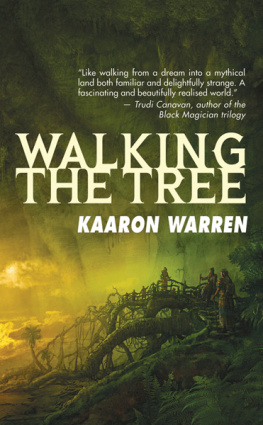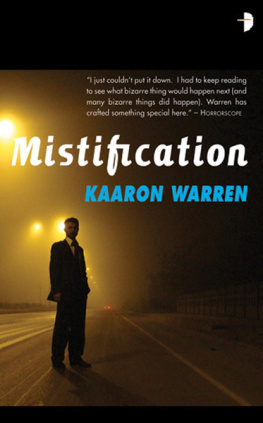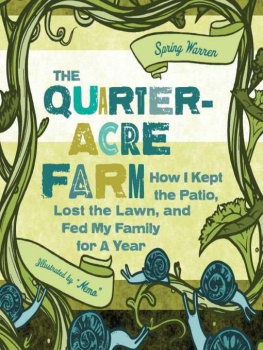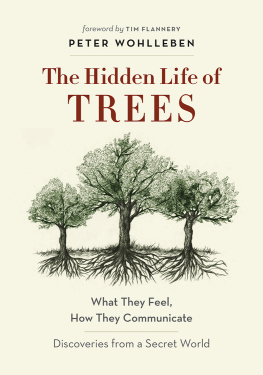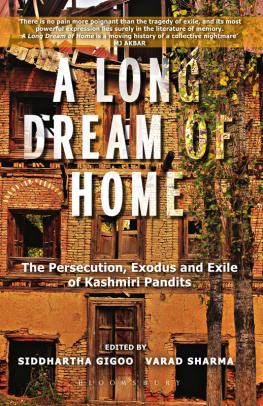For James, Mitchell and Nadia
Laburnum OMBU Aloes
The community of Ombu awoke to the sound of Leaffall. The soft early fall of leaves meant soon the Tree would let enough light through to dapple the sand and it would be time to choose the teachers.
Lillah's father began the selection process, collecting seawater in a large, leaf-lined wooden bowl. He covered this tightly with more leaves and tied it securely with a strong strip of bark. He placed the bowl in the roots, where the water drew strength from the Tree for ten days, after which enough sweet water had formed to wash the faces of the ten young women seeking testing.
Lillah collected the bowl then took it to the nine other girls up for selection. They sat in the moonlight and bathed each other's faces. The water would keep their skin honest, and in the morning, when they faced the fathers, only truth would be shown.
"This is nice," Lillah said. "You're gentle."
Melia laughed. "Lillah likes a woman's touch. She's going to be disappointed at the touch of a man."
The girls laughed, teasing and poking each other. Melia jumped up and spoke in a deep voice. "Are there any girls here who can match my virility? Any of you?"
"Oh, Melia," Thea said. "You will have some fun if they send you."
"They might send us all. You never know with the fathers."
"What are you saying about the fathers?" Melia's mother, Cynthia, came upon them. "The fathers are having a good rest in readiness for tomorrow. You would be sensible to do the same. Have you washed your faces?"
The girls nodded. Melia's mother's croaky voice made them listen, feel lucky. In her home Order of Parana, young people burned throats with an ember. When she whispered, the croakiness was not so awful, so she mostly whispered.
Whispering can be very strong.
"And the sap is prepared for the morning? Softening?"
Melia gave her mother a hug. "We are ready, as every group has been ready before us. We'll be fine. We are magnificent."
The girls giggled again and Melia's mother shook her head. "Bed, girls," she said. She was far more restrained than once she was. When she had first arrived she had been wilder. Life had tamed her. People said she had watched her own brother die in a terrible way. Sea monster? Deep black hole? Ghost cave? And that she had never recovered from this tragedy.
Lillah walked to her father's home, feeling her skin tingle on her cheeks. Living arrangements were fluid in the Order of Ombu. Lillah, Melia and Thea shared a house sometimes. Lillah otherwise shared a house with her father, or Logan and Magnolia. Melia shared with three, four, or five other young women. Thea lived with her brother Dickson and some of the young men. They treated her like a boy. But beds could shift. Lillah could wake to find Agara sleeping on the floor, or one of the children.
Lillah had moved in with her friends two years earlier, when she was nineteen. It seemed time to give her father space, and it was important to know the girls she would hopefully become teachers with; know what they were like to live with, so there would be less of a transition.
The sunlight dappled through. It was a wonderful time of year. Everyone was warmer without the constant shadow of the Tree. And with the shadow not constant, it seemed to the people that the sentinel nature of the Tree was at rest.
This enlivened the people. The sun on them in the daytime, the Treeshadow lessened. It seemed a good time for the teachers to be chosen and the school to leave. Time for the people to make their own decisions, not led by the nature of the Tree. Sometimes, in the wet season, water seeped up through the sand as far up as the roots of the Tree. Salty water, no good for growing food. Light bounced off the water and made the undergrowth seem brighter. Sand soft and warm and the sap running smooth from the Trunk, uncut, flowing uncalled for but precious down the Trunk.
Myrist, Lillah's father, speaking loudly over Leaffall, said, "Good you are here. Stay the night. I'll feed you and you will be full of energy for tomorrow. Though I may not be able to attend with you. I may not be able to watch the testing."
Lillah put her arm around him. "You have to be there! I will lose belief in myself otherwise."
"It will depend on Magnolia, Lillah. Her pains are starting to come through and if she is ready to give child tomorrow, I will be with her."
"I will be with her, too."
He shook his head. "No, Lillah. You will not be needed then. Afterwards, yes. But selection is all that matters to you tomorrow. You glow. You are beautiful," her father said.
Lillah felt beautiful and capable of all things. "I hope they will choose me for my looks, then. Is my dress finished?"
"A new dress is not going to get you a job as a teacher." Her father sounded tired: a deep bone weariness that seemed to come across men once their children were grown. His words were interrupted by a rain of leaves on the roof. The leaves had been dropping for six days now, and were stored to be used as plates, climbing shoes, buckets, spades, funnels, hats.
Lillah's father was right: the dress would not sway any opinions, not at this stage.
Lillah felt she had a good chance. She had passed the learning tests easily.
For the emotion test the fathers presented the girls with options. They told a story and the girls had to describe how the characters would be feeling.
"There was once an old woman who greatly treasured her shell collection. She would spend all day polishing and sorting it. She did not allow her husband to touch it. How do you think he felt?"
There was no correct answer, merely to have empathy for the man. So, bored, lonely, envious and annoyed were all acceptable. Lillah said, "Happy that his wife was happy," and was smiled at as an idealist.
It was much easier when the story was about the emotions of a child, because they had been children, could remember something of it. They had never been old.
Physically Lillah was as strong as or stronger than any of the others except Thea. She had always been a good eater and liked to be solid in her size. She had deep, secure, emotional ties. She loved her father, her brother and her brother's wife, Magnolia, and she would love their baby when it came. Fortunately there was no boy she pined for. Unlike two of the eligible girls, she had not fallen in love with a local boy.
Such a thing was doomed to failure. There could be no issue from the marriage. There had been babies born this way in the past. It was something Lillah remembered well from school: the preserved bodies of terribly deformed babies.
The physical tests were joyful: running, climbing, spinning. The monkeys leapt with them, screeching, getting caught under their feet. Erica hated them because they made her sneeze, and the crawling creatures on their skin she hated too.
Agara was the greatest at the water test. She loved to swim, and the salt didn't hurt her eyes. She could find the seaweed for their facial masks, the right kind that didn't cause burns, and she could dive down for it without a care. She liked to float on the water, letting herself drift, but others called her back, "Agara, you are going out too far." Agara's father worried more than most. He didn't care what any other girl did: only his own child was important.
He was a newcomer, having appeared near the ghost cave when he was fifteen. No family, no background. But it didn't matter. He was considered a gift for the new blood he brought. There were some who believed he came from the ghosts and would not go near him: Lillah did not like to get too close. She thought that sometimes she could see a mist around his shoulders, as if his Tree-ghosts were gathered there, talking to him.
Next page
